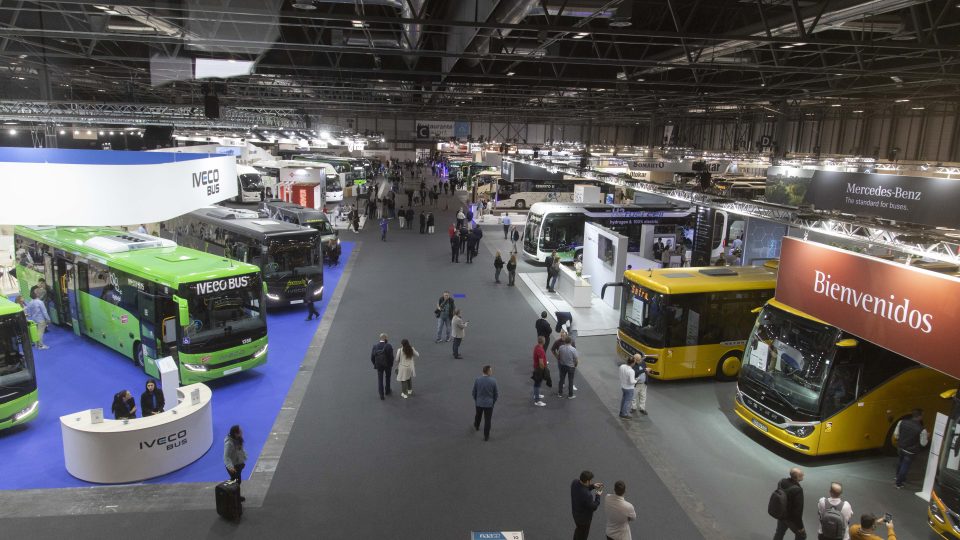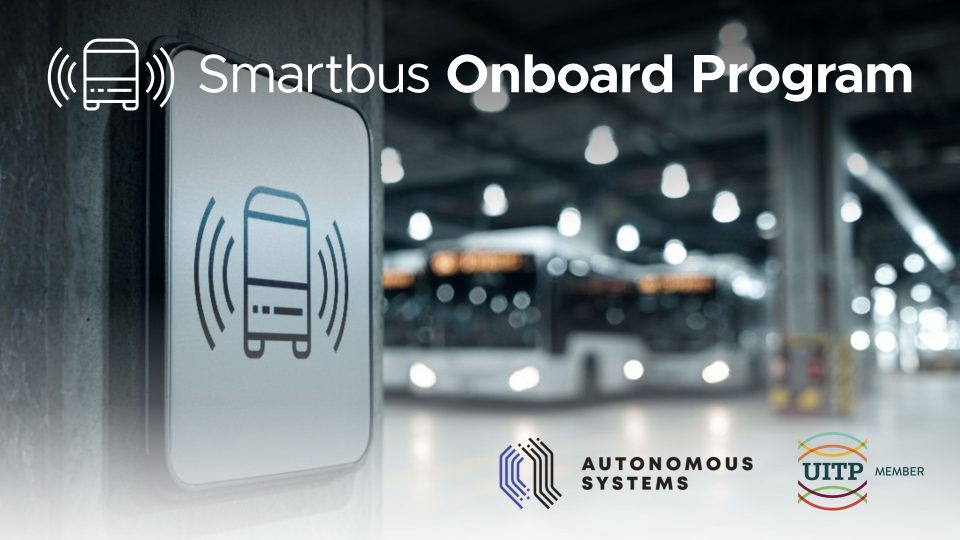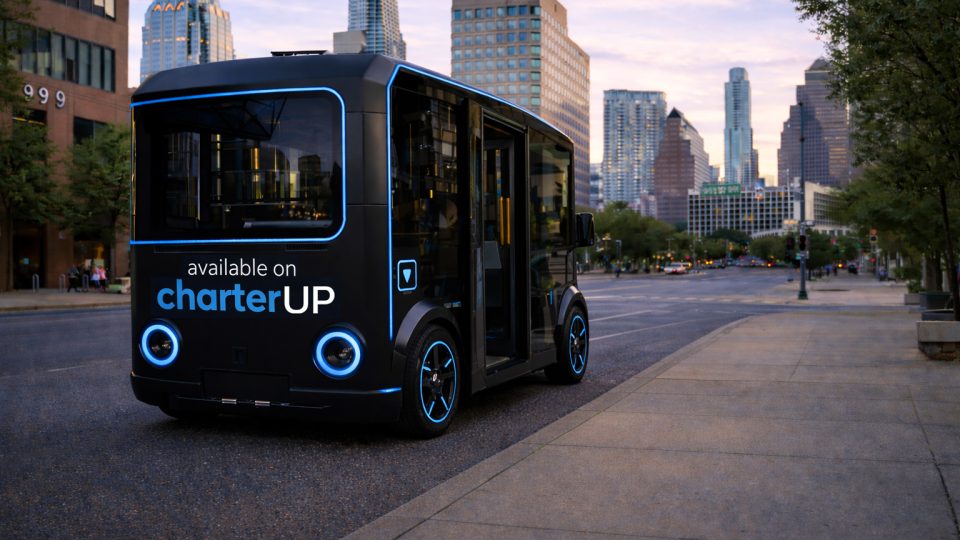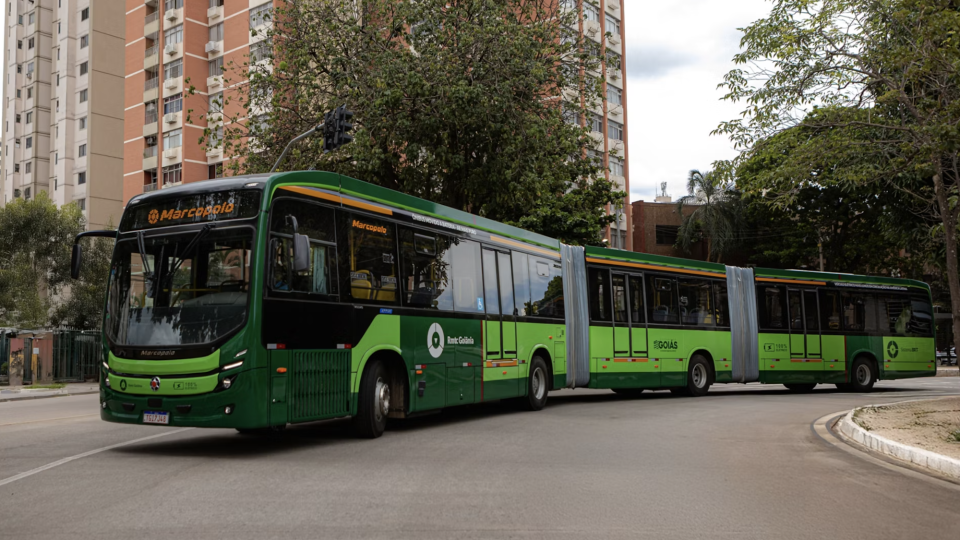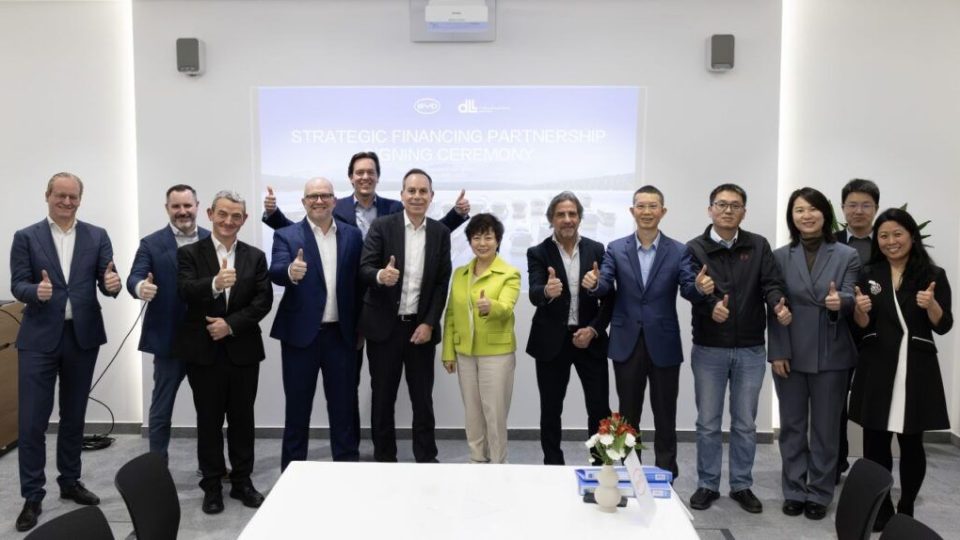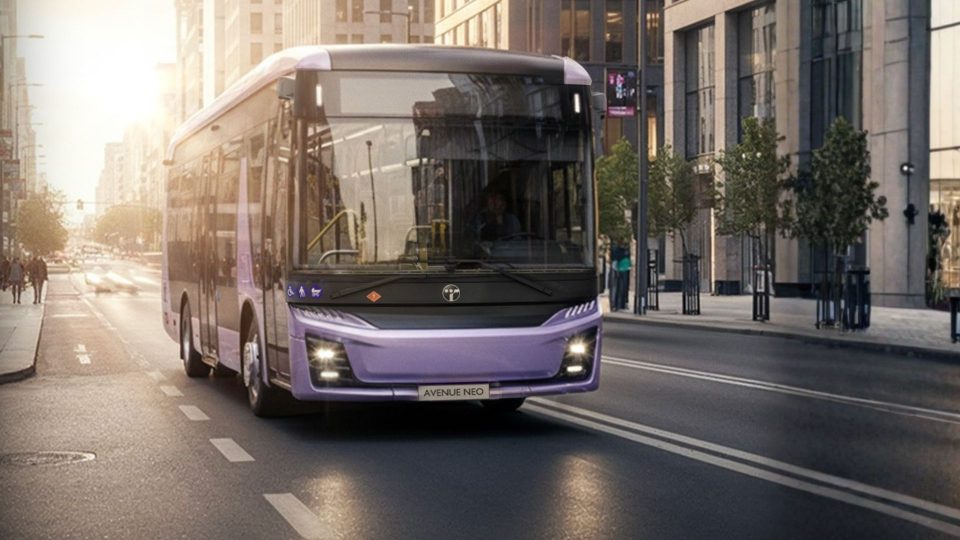131 fuel cell buses deployed in Europe: JIVE 1 project has come to an end
With 131 hydrogen buses deployed in the continent, European major fuel cell bus project Joint Initiative for hydrogen Vehicles across Europe (JIVE 1) has come to an end. Vehicles have been rolled out in Germany, Italy, the Netherlands, and the UK, marking a significant step towards sustainable urban transport. Its sister project, JIVE 2 will […]
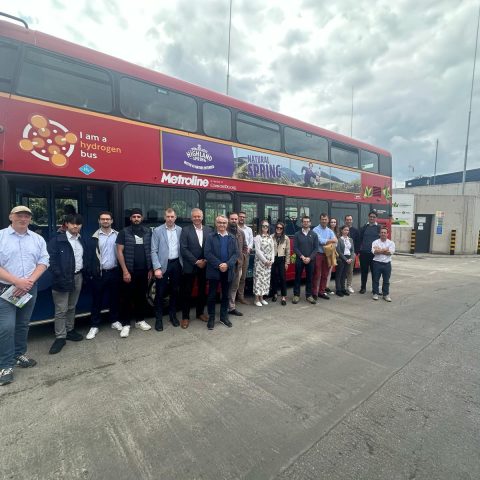
With 131 hydrogen buses deployed in the continent, European major fuel cell bus project Joint Initiative for hydrogen Vehicles across Europe (JIVE 1) has come to an end. Vehicles have been rolled out in Germany, Italy, the Netherlands, and the UK, marking a significant step towards sustainable urban transport. Its sister project, JIVE 2 will continue to run until June 2025.
Challenges “such as the reliability of hydrogen supplies, and refuelling stations were encountered. Addressing these issues remains critical for future commercial operations”, the backing organization Clean Hydrogen Partnership states.
Fuel cell bus project JIVE 1, the results
Co-funded by the Clean Hydrogen Partnership, the JIVE 1 project has achieved a series of key milestones. First of all, the organizers make clear that “the target price of €650,000 for a standard 12m bus was achieved across all sites“. Also, “Original targets for fuel consumption were surpassed, with exceptionally low values of 6.5 kg/100km achieved”.
Manufacturers’ base grew during the years of the project, and the world’s first fleets of double deck fuel cell buses were developed and deployed. The Clean Hydrogen Partnership also highlights that “the buses demonstrated a consistent range of up to 500 kilometres in diverse climate conditions”.
Finally, also in the list released by organizers, agreements with bus and hydrogen fuel suppliers were established for operations extending up to ten years, more operators now have practical experience in deploying and running fuel cell buses in regular operations, the project disseminated results through site visits, publications, presentations, bus user group meetings.

“I am proud to say that the flagship project JIVE exceeded our initial objectives by deploying 131 hydrogen fuel cell buses, demonstrating significant cost reductions, technological advancements, and environmental benefits. Thanks to the funding from the Clean Hydrogen Partnership, this large-scale project has greatly advanced the commercialisation of fuel cell buses and promoted a more sustainable urban mobility. JIVE has also paved the way for further adoption of fuel cell buses in other European cities and serves as a successful example of the EU’s leadership in achieving carbon neutrality by 2050.” said Mirela Atanasiu, Head of Unit Operations and Communication, Clean Hydrogen Partnership.
“The JIVE1 project has made a major contribution towards advancing Europe’s fuel cell bus sector. Many lessons have been learnt that are highly relevant for public transport authorities, operators, and others with an interest in hydrogen in mobility applications. I would encourage any interested parties to take advantage of the outputs from the project. JIVE 1 has involved a major effort from a wide range of organisations and individuals, and I’d like to thank all the partners for their excellent collaboration. We are also extremely grateful to the Clean Hydrogen Partnership for their support, patience, and flexibility throughout”, adds Michael Dolman, Partner at ERM (JIVE project coordinator).

